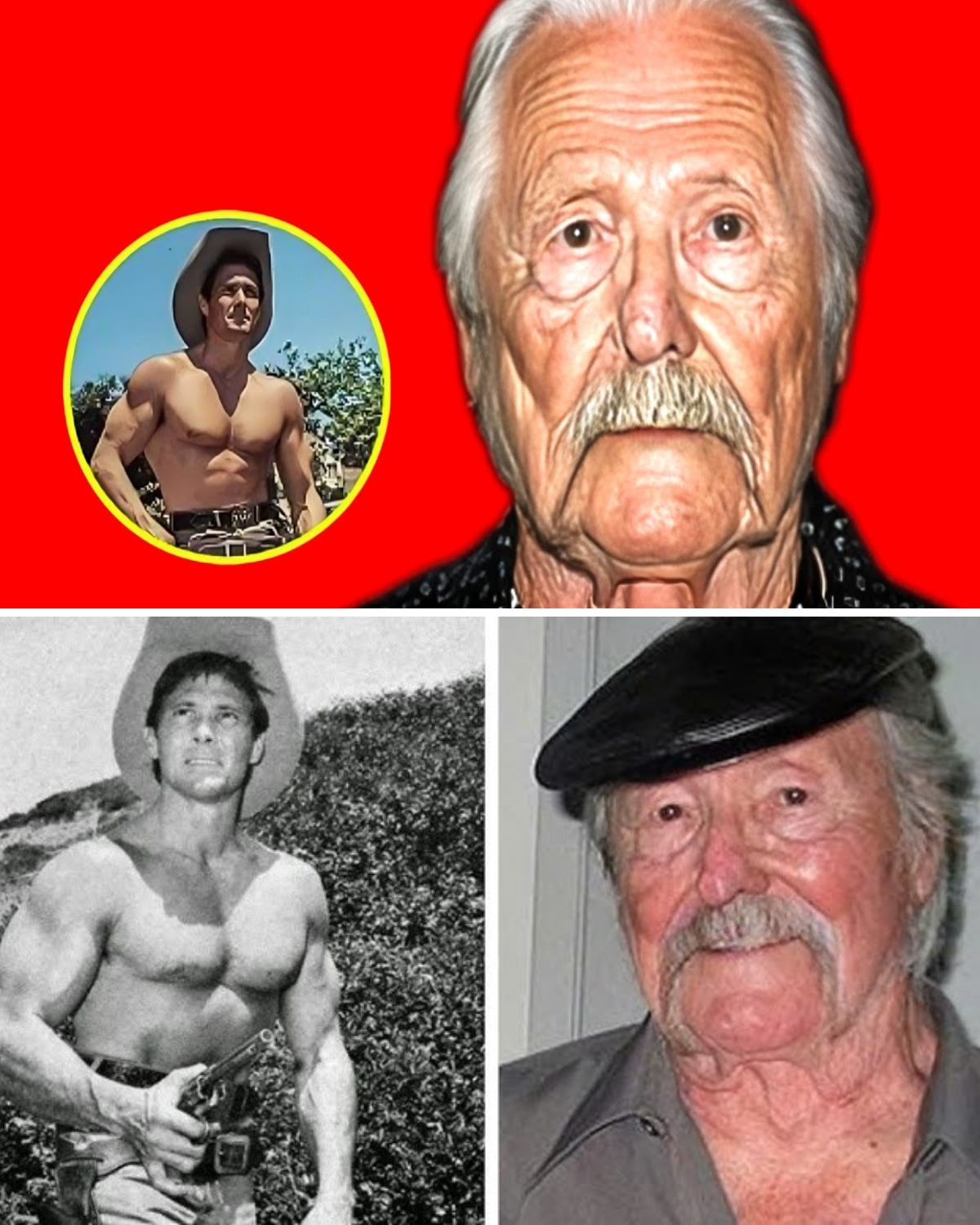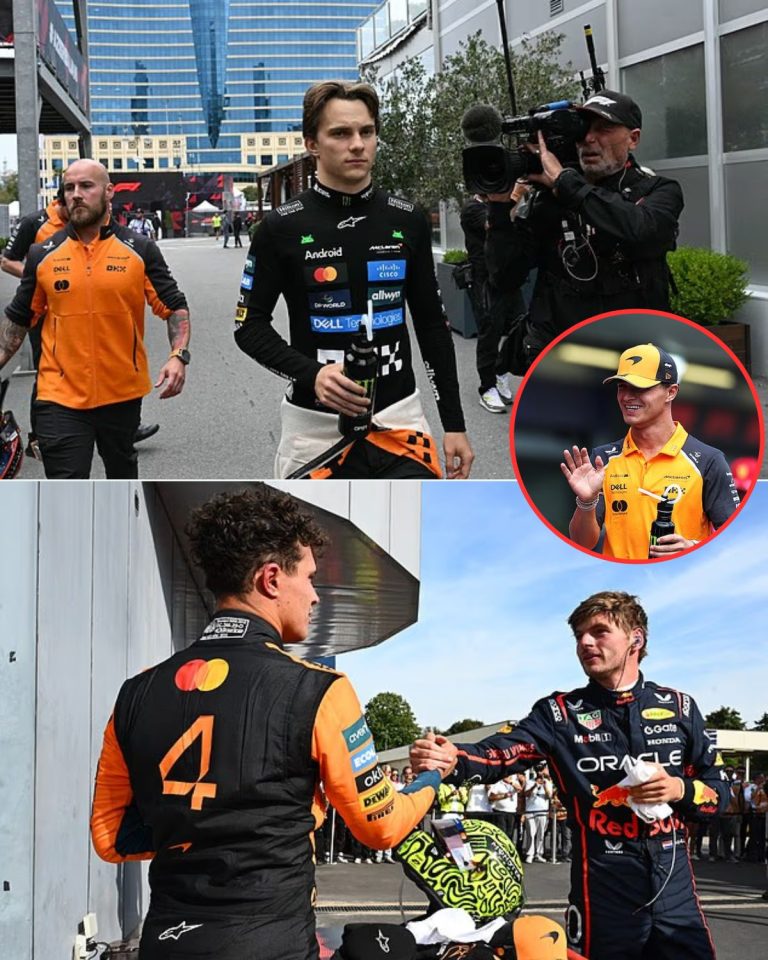Hollywood has lost one of its most enduring icons. William Smith, the gravel-voiced titan of action cinema whose presence loomed large across television and film for over seven decades, has passed away at the Motion Picture & Television Country House and Hospital in Woodland Hills, California. He was 88.

Known to millions as the embodiment of grit, strength, and raw masculinity, Smith’s career spanned eras — from the golden age of television Westerns to the hard-hitting action films of the 1970s and 80s. With more than 250 screen credits, his legacy is not just measured in numbers, but in the unforgettable force of his performances.
Born on March 24, 1933, in Columbia, Missouri, William Smith’s path to Hollywood was anything but conventional. Before ever stepping in front of a camera, he lived a life straight out of an action script.
A veteran of the U.S. Air Force, Smith served during the Korean War, where his linguistic s𝓀𝒾𝓁𝓁s proved invaluable — he mastered multiple languages, including Russian, German, French, and Serbo-Croatian, and participated in classified intelligence missions. His physical prowess was legendary: an Air Force light heavyweight boxing champion, a two-time UCLA discus champion, and a man whose sheer strength became the stuff of Hollywood lore. With 18-inch biceps and feats like arm-wrestling entire bars of men, Smith was not just playing tough — he was tough.

Smith first gained recognition in television Westerns, most memorably on Laredo, before transitioning into film roles that capitalized on his intimidating physique and intense presence. But it wasn’t just size and strength that set him apart — it was his ability to bring depth to characters who might have otherwise been one-dimensional.
In Rich Man, Poor Man, his chilling performance as the villainous Falconetti haunted audiences and remains one of television’s most memorable antagonists. Later, in the final season of Hawaii Five-O, he stepped seamlessly into the role of lawman, showing his rare ability to move between hero and villain.
Perhaps his most famous moment came alongside Clint Eastwood in Any Which Way You Can (1980). Their brutal, no-holds-barred fistfight is still celebrated as one of the longest continuous two-man brawls ever filmed without stunt doubles. It wasn’t just movie magic — it was Smith’s commitment to authenticity, and a testament to the sheer physicality he brought to every role.
Though Smith’s on-screen persona was fierce, friends and colleagues remember a man of intellect, humor, and kindness. Behind the intimidating stare and booming voice was a scholar and poet, a man who collected rare books, wrote extensively, and impressed peers with his intelligence as much as his physical strength.

Even into his later years, Smith continued to work, proving his talent never diminished with time. His final screen role came in 2020’s political comedy Irresistible, where he brought a quiet dignity to the screen — a fitting farewell to a career that spanned nearly his entire life.
William Smith’s death marks the end of an era — the last of the true Hollywood tough guys, whose careers were built on authenticity, endurance, and larger-than-life charisma. He is survived by his beloved wife, Joan, and their two 𝘤𝘩𝘪𝘭𝘥ren.
His legacy, however, is immortal. Whether remembered as Falconetti, the bare-knuckled rival to Clint Eastwood, or the countless cowboys, soldiers, and outlaws he portrayed, Smith remains a towering figure in Hollywood history.
For fans who grew up watching his battles on dusty backlots and neon-lit streets, the loss feels personal. In William Smith, Hollywood didn’t just have an actor — it had a living embodiment of strength, resilience, and the rugged heart of American cinema.
As the industry mourns, one thing is clear: there will never be another William Smith.


